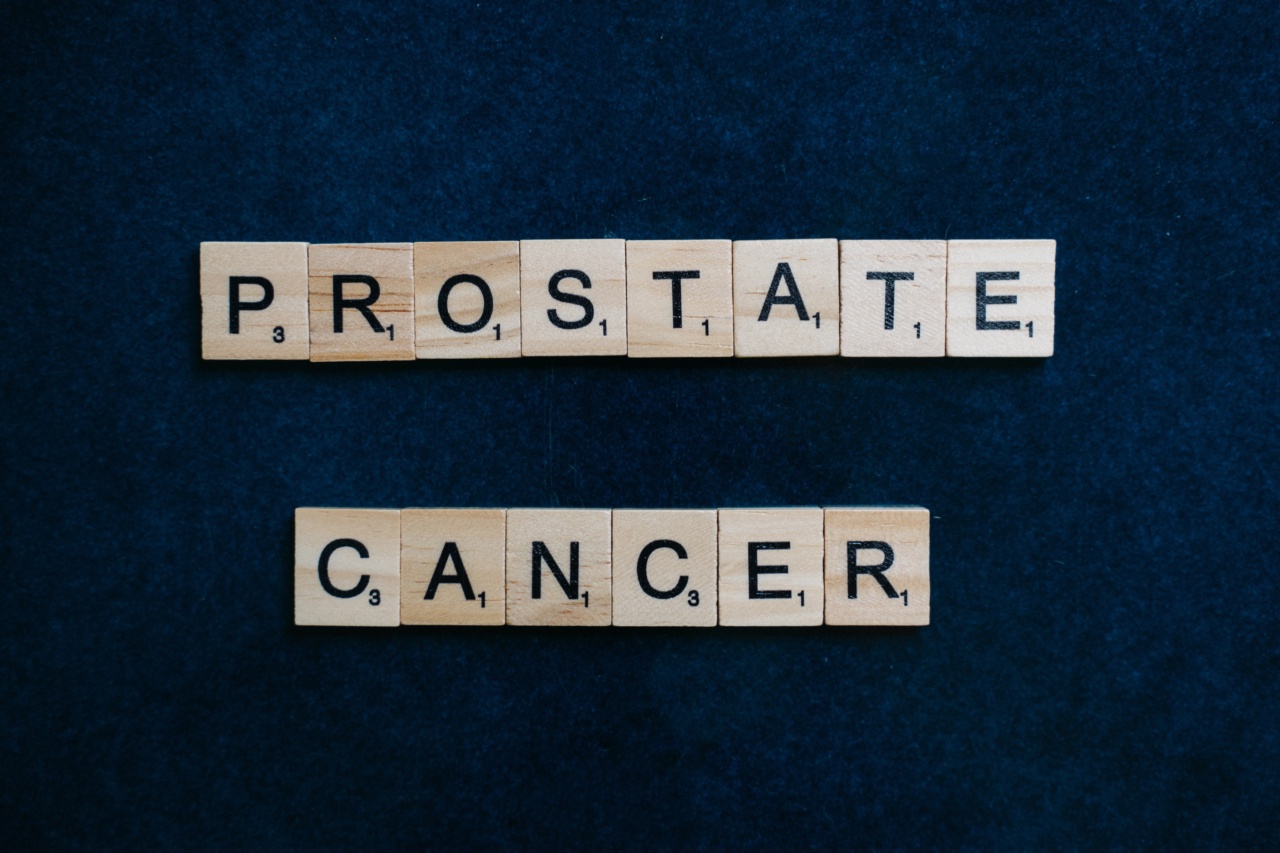Prostate cancer is a serious health concern for many men, and testosterone levels can have a significant impact on the development and spread of the disease.
However, there are many myths and misconceptions about the relationship between prostate cancer and testosterone. It is important for men to understand the facts and separate them from the myths in order to make informed decisions about their health.
What is Prostate Cancer?
Prostate cancer is a disease that occurs when cells in the prostate gland begin to grow abnormally and uncontrollably. In many cases, prostate cancer develops slowly and may not cause any symptoms at first.
However, as the cancer grows, it can spread to other parts of the body and become more difficult to treat.
Prostate Cancer and Testosterone Levels
There is a commonly held belief that high levels of testosterone can cause prostate cancer. However, this is a myth. In fact, low levels of testosterone may actually be a risk factor for developing prostate cancer.
One study found that men with low levels of testosterone were more likely to develop aggressive forms of prostate cancer than men with higher levels of the hormone.
This suggests that testosterone may actually have a protective effect against prostate cancer.
That said, it is important to note that while low testosterone levels may be a risk factor for developing prostate cancer, high levels of the hormone are not necessarily protective against the disease.
In fact, some studies have suggested that high levels of testosterone may actually increase the risk of developing aggressive forms of prostate cancer.
Testosterone Replacement Therapy and Prostate Cancer
Another myth surrounding prostate cancer and testosterone is that testosterone replacement therapy (TRT) can cause or worsen the disease. However, there is little evidence to support this claim.
A recent study published in the Journal of Urology found no association between TRT and an increased risk of prostate cancer. Additionally, several studies have suggested that TRT may actually have a protective effect against the disease.
Of course, as with any medical treatment, there are potential risks and side effects associated with TRT. It is important for men considering TRT to discuss the potential benefits and risks with their doctor before starting treatment.
The Role of Estrogen in Prostate Cancer
While testosterone levels are often discussed in relation to prostate cancer, estrogen may also play a role in the disease.
One study found that high levels of estrogen in the blood were associated with an increased risk of aggressive prostate cancer in men.
This suggests that estrogen may interact with testosterone in complex ways to affect the development and progression of prostate cancer. More research is needed to fully understand the relationship between these hormones and the disease.
The Bottom Line
Prostate cancer is a complex disease, and the relationship between testosterone and the disease is not fully understood.
While low levels of testosterone may be a risk factor for developing aggressive forms of prostate cancer, high levels of the hormone are not protective against the disease. Additionally, there is little evidence to suggest that TRT increases the risk of prostate cancer.
It is important for men to talk to their doctor about their individual risk factors for prostate cancer and whether hormone therapy is appropriate for them.
By working with their healthcare provider, men can make informed decisions about their health and take steps to reduce their risk of prostate cancer.



























